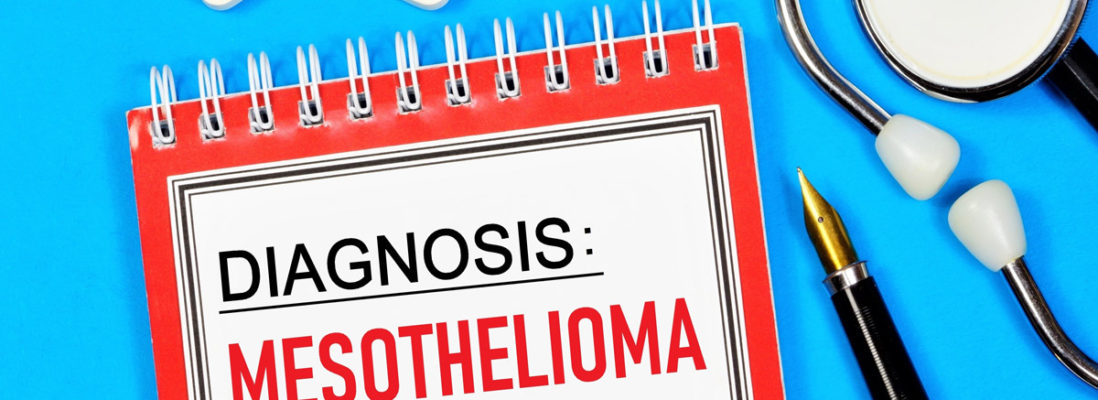Mesothelioma is rare compared with other cancers; about 2,500 to 3,000 people are diagnosed each year in the United States. The diagnosis can surprise many patients, as the disease can take up to 50 years to develop after exposure to asbestos. Mesothelioma can be a difficult journey, with painful symptoms and a short life expectancy. A survey conducted by the European Journal of Oncology Nursing revealed stark differences in how male and female patients approach this diagnosis.
The publication interviewed a group of 24 mesothelioma patients, most of whom were diagnosed with pleural mesothelioma, which infects the lining of the lungs and chest cavity and is the most common form of the disease. Thirteen of the patients were men, and 11 were women; their ages ranged from 31 to 81, although most of them were of retirement age.
Most mesothelioma patients are men, accounting for 77 percent of diagnoses. Many mesothelioma patients are exposed to asbestos in the workplace, and industries that have historically been male dominated, such as construction, maritime, automotive and aviation mechanics, the military, and other businesses, face the highest risk for asbestos exposure. Although the gender balance in the workforce is shifting, most mesothelioma patients currently being diagnosed were exposed to asbestos decades ago.
Female patients may also have been exposed to asbestos in the workplace, as well as through secondary exposure; workers who encounter asbestos may bring fibers home in their clothes, hair, or shoes, putting their household at risk. Asbestos was also used in numerous consumer products for much of the 20th century and is still found in some products that include talc, which many people use as part of their daily personal care routine.
Gender Roles Impact Older Mesothelioma Patients
Upon receiving their diagnoses, both male and female patients reported worrying about how their families would cope without them, but in different ways. Many of the older patients fall into more traditional gender roles within their families, with women handling the household and men earning most of the income. Accordingly, each group took different steps to prepare their families in the event of their passing. The men surveyed focused on gathering account information and putting plans in place to ensure their families’ financial futures; the women made sure their families knew how to care for themselves, even showing them how to use appliances that they had never had to use before.
There were other striking differences in how the gender groups responded to being diagnosed with mesothelioma, which researchers hope will help physicians and caregivers provide support that fits patients’ needs. Although all the patients reported receiving help and support from their loved ones, female patients were more likely to seek help through a mesothelioma support group. Some of the men remarked on how their wives’ organization helped them stay on track. Many of the women were uncomfortable with the idea of seeking compensation for their asbestos exposure, whereas men saw this as a means to make sure their families were taken care of financially.
Philadelphia Mesothelioma Lawyers at Shein Law Advocate for Victims of Asbestos Exposure
The Philadelphia mesothelioma lawyers at Shein Law help those diagnosed with mesothelioma and other asbestos-related disease obatin the compensation they deserve. We will work tirelessly to hold those responsible for your asbestos exposure accountable so that you can focus on what is most important. Call us at 877-743-4652 or contact us online to discuss your case. With offices in Philadelphia and Pennsauken, New Jersey, we proudly serve clients throughout Pennsylvania and New Jersey.

